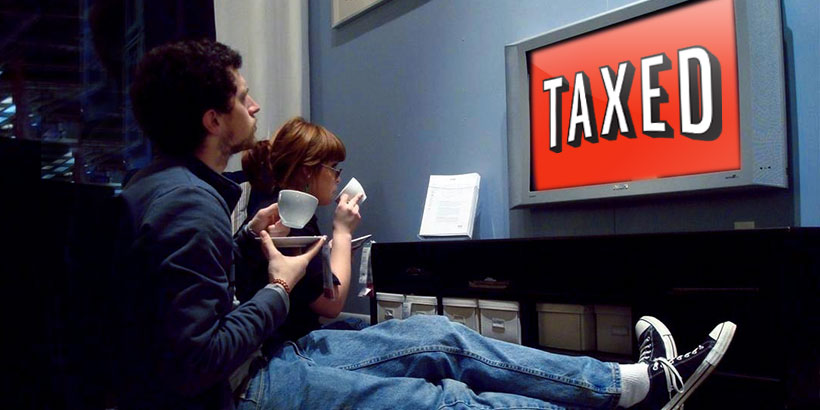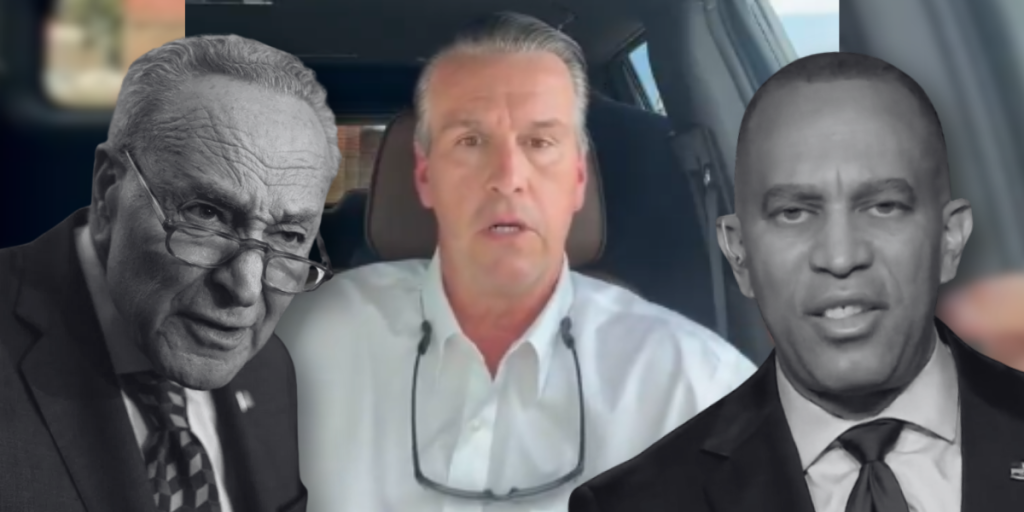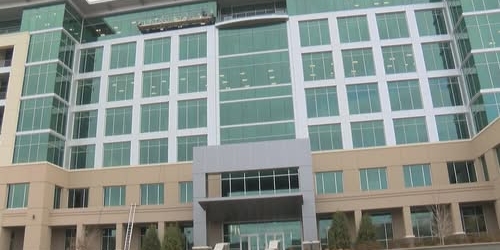MONTGOMERY, Ala. — For decades in Alabama, if you were a patron of a video rental store (remember those?), you were charged an additional “rental tax” for each transaction. But with those stores going the way of the Dodo, the state government has seen its video rental revenue drastically decline. As a result, the Alabama Department of Revenue is now proposing a new tax on cable television customers that would for the first time tax “digital transmissions,” including movies and television shows that cable customers access on-demand through their digital video recorders (DVR).
But unlike most taxes, which require the Legislature to pass a bill approving them, this proposed tax is set to be imposed unilaterally by the Bentley administration’s Department of Revenue, without having to go through the legislative process.
In addition to raising taxes on digital transmissions, like on-demand movies, television programs and streaming video, the Revenue Department’s new tax would also apply to rentals of “multi-purpose cable boxes that function as digital video recorders (DVR) and/or perform other functions in addition to accessing basic cable” and “other accessories… not related solely to the delivery of basic cable service.” These cable boxes had previously been excluded from the rental tax because cable providers pay sales or use tax at the time they purchase the cable boxes.
Richard R. Wolfe, president of The Alabama Cable Telecommunications Association, sent a letter to the secretary of the Alabama Department of Revenue this week requesting they abandon their proposed tax increase.
“First, the Draft Regulation imposes a new tax on Alabama consumers without any change in the law,” wrote Mr. Wolfe. “The Department of Revenue may not impose sales or use tax on: 1) digital services like video on-demand, pay-per-view, and related cable television services; or,2) digital video recorders and associated customer-premises equipment (“DVRs”) that are treated as part of VOD services without legislative authorization.”
No other state in the nation currently taxes video on-demand services without being given the authority by legislation to do so. In fact, when Jefferson Parish in Louisiana attempted to do it, the Louisiana Court of Appeals blocked it, noting that it was simply not in the Parish’s authority to do so.
Alabama case law also seems to suggest that the Department of Revenue would be exceeding their authority by imposing such a tax. In Wal-Mart Stores, Inc. v. Mobile and Robert Smith d/b/a FlipFlopFoto v. Alabama Department of Revenue, the courts required that for sales tax to apply, the computer software or digital good must be stored on a “tangible medium,” such as the purchaser’s hard drive. Video on-demand services are never stored in a tangible format with the purchaser.
“We respectfully request an expansion of Alabama’s sales tax base be left to the state legislature,” Mr. Wolfe concluded.
The video rental tax proposal comes at a time when tax increases are being heavily debated across the state. Alabama Gov. Robert Bentley proposed a $541 million tax increase as part of his budget proposal. The legislature plans to take up debate on the state’s budgets this week.
A spokesperson for the governor declined to comment on the video rental tax at this time and a request for comment from the Alabama Dept. of Revenue was not immediately returned.
Like this article? Follow me on Twitter and let me know what you think.
— Cliff Sims (@Cliff_Sims) December 3, 2014













